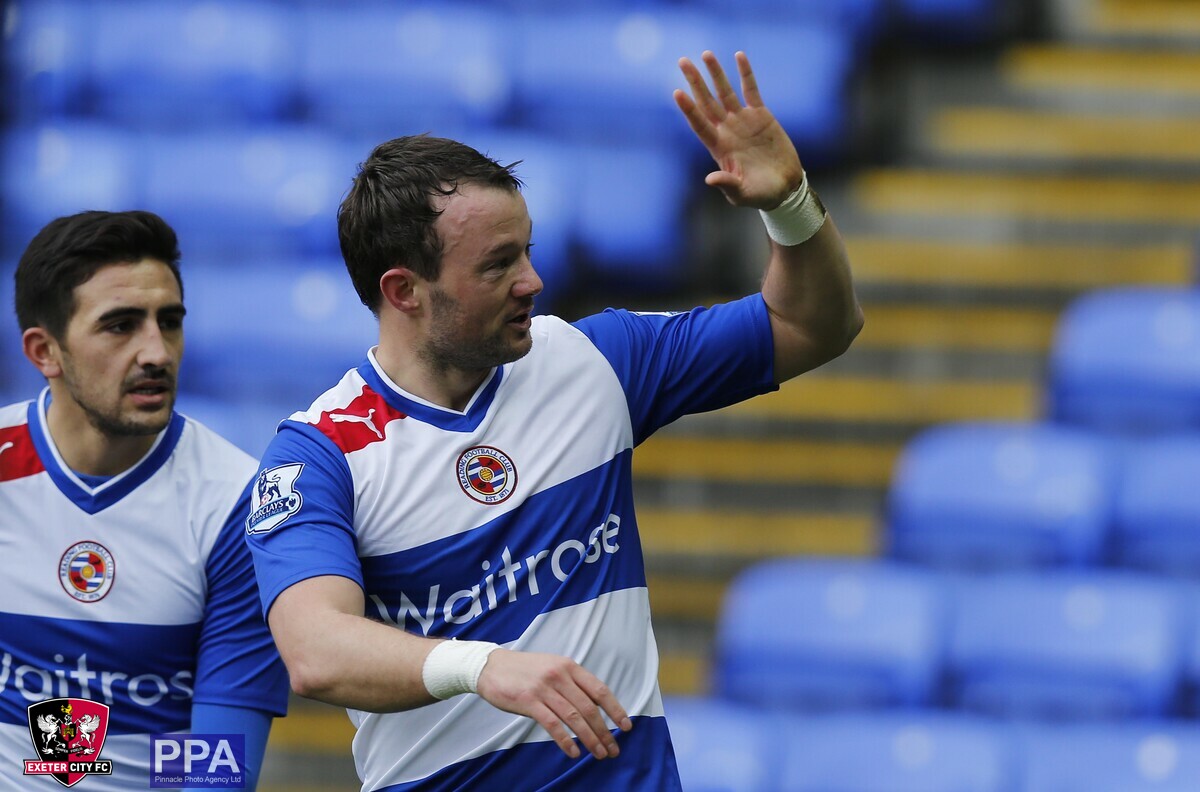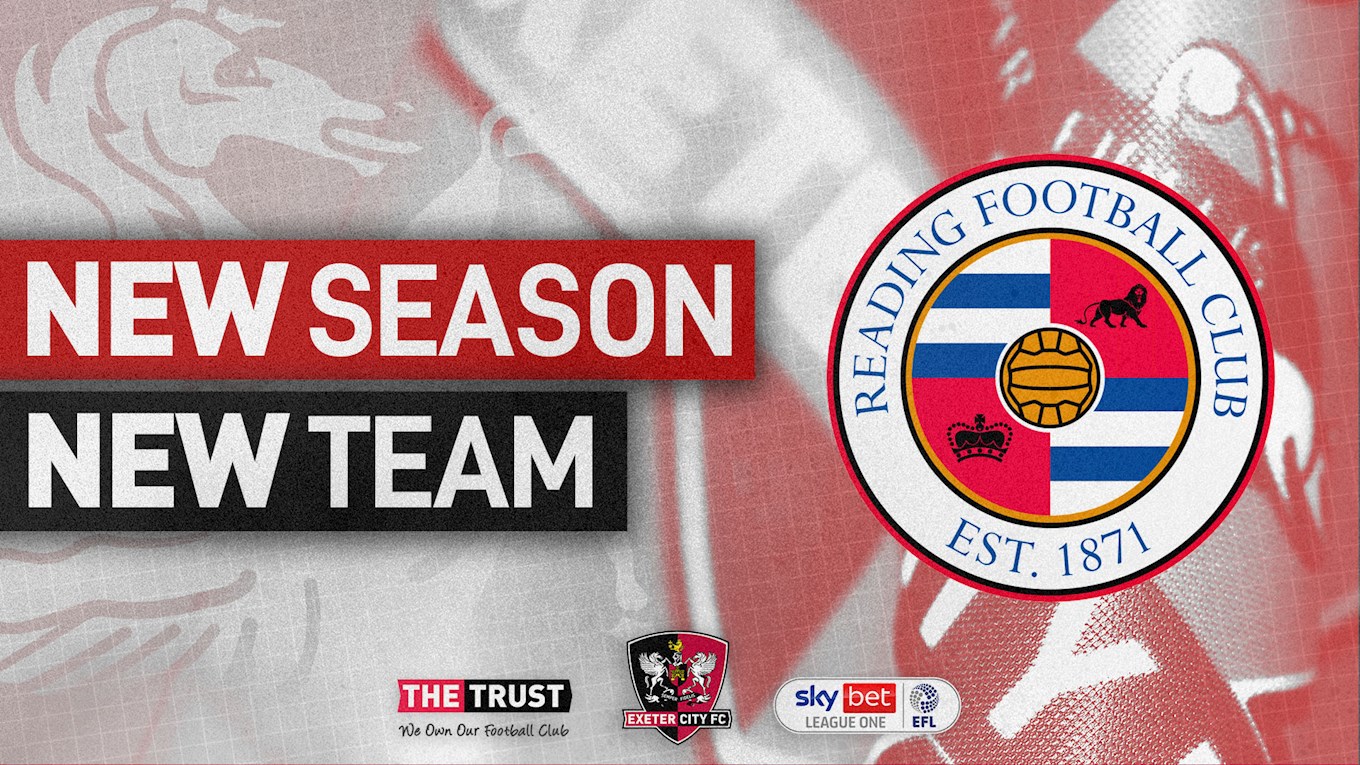Ahead of the new League One season, which kicks off in August, we're taking a look at the seven new teams who feature in the third tier next season.
Next up is Reading, who will be playing in the third tier for the first time since 2002 following their relegation from the Championship last season.
In a season fraught with difficulties, the Royals were docked six points for financial troubles and were unable to claw those points back as they succumbed on the penultimate match day of the season. Former player Noel Hunt was the man who finished the season in charge of the club, with Paul Ince - who had been manager since May 2022 - was sacked in April.
A Short History
Taken from readingfc.co.uk/history/our-story/
Reading Football Club was formed during the festive period of late 1871 by a group of young townsmen, most notably Joseph Edward Sydenham who met with his co-founders to form the club at the Bridge Street Rooms. The club’s first match was played two months later, on 21 February 1872 Reading played out a 0-0 draw against Reading School at the Reading Recreation Ground (now King’s Meadow).
In 1925-26 Reading won the Championship of Division Three (South). Promotion was assured on the last day with a thrilling 7-1 victory over Brentford. In an amazing ten game FA Cup run in 1926-27 Reading reached the semi-finals for the first time, bowing out to eventual winners Cardiff at Molineux.
There was a lot wrong with football in the 1970s, but the fans seemed to enjoy it nevertheless: more away trips, more media coverage, more involvement with the club. Reading’s first season in Division Four (1971-72) saw the club’s lowest league placing (16th) but did include cup epics in ties against Blyth Spartans and Arsenal.
John Madejski (later Sir) began a long era of careful stewardship of the club in 1990, promising to put it on a more sustainable, business-like footing. The key element in his plan, announced in 1993, was to move from the now out-of-date Elm Park to a purpose-built stadium on the southern edge of town.
The 2005-06 season was an unforgettable one. A record-breaking 106 points, 99 goals, 33 match unbeaten run, promoted before the clocks went back, Steve Coppell Manager of the Year and Championship winners for the first time. The team was so strong it finished a highly creditable 8th in the Premier League in 2006-07, just a disallowed goal away from European qualification.
Brian McDermott revived the club in 2010, reaching two FA Cup quarter-finals, the play-off final of 2011 and then enjoyed an extraordinary run of form – 15 wins in 17 games – to bring a second Football League title to Berkshire in 2011-12.
During the season John Madejski sold a controlling interest in the club to Russian businessman, Anton Zingarevich. Whilst the deal worked in the immediate short-term as Reading were promoted from the Championship as champions, it turned into a disaster as money that didn’t exist was spent on extravagant transfers and wages. Reading didn’t look like staying in the Premier League, and they came straight back down with a bump.
Reading had played in the Championship since the 2013-14 season - but finished 22nd last season amid financial difficulties, which led to relegation.
The Manager
TBC - Since Paul Ince was sacked in April, former striker Noel Hunt has been in charge of the Royals, but it uncertain if he will remain in post for next season and the hunt for a new permanent manager continues. In his five matches in charge, Reading drew three and lost two, as he was unable to beat the drop.

Head to Head
While Reading lead on head-to-head wins, the two haven't faced each other since January 1994 - while the last match at St James Park was in October 1993, where Raeding won an incredible 6-4!
Exeter - 23 wins
Draws - 13
Raeding - 47 wins
Last Meeting
1-0 | 22/01/94 | League Division Two
Random Fact
In an amazing ten game FA Cup run in 1926-27 Reading reached the semi-finals for the first time, bowing out to eventual winners Cardiff at Molineux. Convinced that Reading would reach the final in 1927 local biscuit business, Huntley & Palmers made FA Cup-shaped biscuit tins – but had to send them to India when they lost in the semi!
